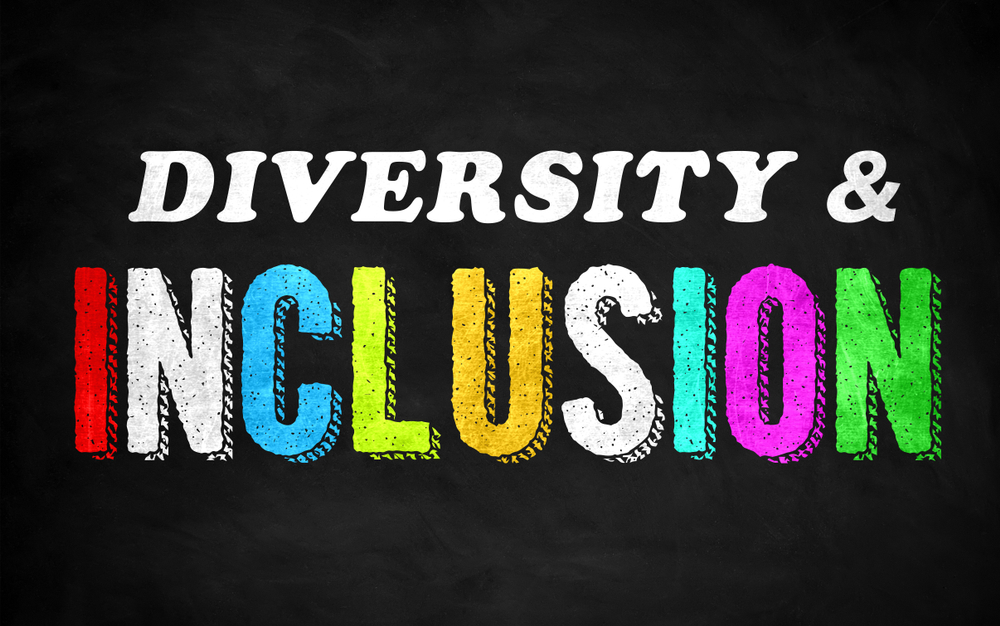
Are You an Inclusive Leader?
The core aspects of leadership are timeless – setting direction and influencing others to achieve important goals. But a more recently defined capability – inclusive leadership – is essential for achieving success in our increasingly diverse world, marketplace and workplace.
I recall the dismay of one executive when a lot of the diverse talent he had worked so hard to recruit left the organization and those who remained seemed to have checked out (his words) in terms of engagement. One-on-one interviews and focus group feedback from remaining employees shed light on some of the issues. While the company worked hard on diversifying its leadership team, employees reported feeling excluded from decision making, important discussions and internal networks. Contrary to what this executive thought, they did not feel valued, supported or inspired by the organization.
Inclusive leadership means seeking out diverse viewpoints and making sure every person on the team feels that their voice is heard. It means:
- Truly embracing concepts such as equality, equity, and engagement – implementing them and building in accountability.
- Implementing processes and protocols that mitigate bias
- Asking people what they think and actually stopping to hear the answers
Inclusive leadership has the capability of unleashing powerful capabilities that allows leaders and organizations to thrive and succeed. It not only embraces individual differences but leverages them to build high-performing teams and strong, innovative networks.
A Catalyst report provided responses from 1,500 employees across six countries and the more “included” employees felt, the more innovative they were in their work.[1] Other reports point to increased employee engagement, higher motivation and better performance and productivity. All good for bottom-line results!
What makes an inclusive leader?
Inclusive leaders must go beyond their traditional comfort zone and traditional management networks to inspire creative and collaborative workforce dynamics. Researchers have identified six key traits of highly inclusive leaders.[2]
- Commitment – They are committed to diversity and inclusion because these objectives align with their personal values and because they believe these principles will build a stronger, fairer workforce.
- Courage – They speak up and challenge the status quo, and they are humble about their strengths and weaknesses. Among other traits, inclusive leaders must be willing to challenge entrenched organizational attitudes and practices that promote homogeneity.
- Cognizance of Bias – They are mindful of the personal and organizational blind spots and work to ensure fair play. They are self-aware and recognize that unconscious bias is an Achilles’ heel that may exist in their organizations in the form of implicit stereotypes (people judging others according to unconscious stereotypes), similarity-attraction bias (tendency to more easily and deeply connect with people who look and feel like ourselves), in-group favoritism, attribution error, confirmation bias (seeking or interpreting information that supports existing beliefs), groupthink (when the desire for group harmony overrides rational decision making).
- Curiosity – They have an open mindset, a desire to understand how others view and experience the world, and a tolerance for ambiguity.
- Culturally Intelligent – They are confident and effective in cross-cultural interactions. They have the ability to function effectively in different cultural settings and to recognize how their own culture impacts their personal worldview.
- Collaborative – They empower individuals as well as create and leverage the thinking of diverse groups.
Moving on through the 21st century! The challenges and excitement of inclusive leadership are changing the workplace in positive and necessary ways as our local, national and international markets, institutions and workforce settings become increasingly diverse in age, gender, race and ethnicity. Leaders who embrace inclusivity will build innovative, hardworking and effective workforces that thrive in the decades ahead.
[1] www.entrepreneur.com/article/233681
[2] The Six Signature Traits of Inclusive Leadership; Thriving in a Diverse New World https://www2.deloitte.com/insights/us/en/topics/talent/six-signature-traits-of-inclusive-leadership.html
